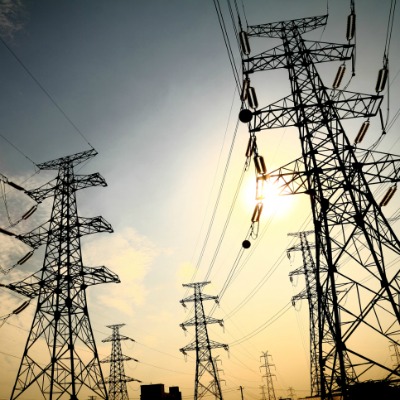 During testimony provided to the Federal Energy Regulatory Commission (FERC), Rob Gramlich, senior vice president of government and public affairs at the American Wind Energy Association (AWEA), urged the federal agency to prioritize transmission planning to facilitate renewable energy integration.
During testimony provided to the Federal Energy Regulatory Commission (FERC), Rob Gramlich, senior vice president of government and public affairs at the American Wind Energy Association (AWEA), urged the federal agency to prioritize transmission planning to facilitate renewable energy integration.
‘While reliability can be preserved under the Clean Power Plan – given the wide range of tools and flexibility provided – cost-effective implementation will require transmission investment.’
Gramlich represented AWEA during FERC's technical conference on reliability and infrastructure implications of the Clean Power Plan.
‘This recent period of [transmission] activity followed many decades of neglect, so much of the transmission that has been built recently is simply backfilling long-standing reliability needs that had been deferred for too long,’ he noted. ‘Many regions have made only minimal transmission investments as they do not yet have the right policies in place, and there is still no mechanism to pay for the interregional transmission lines that are most desperately needed.’
Gramlich said that only a small share of the transmission is designed to facilitate the interconnection of new generation resources or manage the generation mix change that is already under way and will be accelerated by the Clean Power Plan.
‘New infrastructure will be essential if we are cost-effectively to deploy any of the low-emission generation options at the scale needed. While distributed generation, "smart grid' and other innovative solutions provide some benefit and should be part of the solution, they provide much less cost-effective carbon reduction for states to comply with the Clean Power Plan than utility-scale renewables, which require high-voltage transmission from resource areas to load centers.’
Using existing examples – such as the Competitive Renewable Energy Zones (CREZ) lines in Texas, the priority projects in the Southwest Power Pool and the Multi-Value Projects in MISO – Gramlich showed agency officials what is possible ‘when the right transmission policies, and proactive planning and broad cost allocation, are put in place.’
Gramlich said that one of transmission's greatest values is that it serves as an insurance policy against the unexpected. For example, he said, CREZ lines have paid numerous and often unexpected dividends, from allowing Texas to nearly double its use of wind energy, to accommodating increased electricity demand for oil and gas drilling in West Texas, to averting reliability problems in major cities, such as Dallas and San Antonio.
‘Virtually all of the risk is on the do-nothing side of the ledger, while all of the reward is on the transmission side," he said. "The speed with which CREZ transmission capacity has been subscribed in Electric Reliability Council of Texas shows that the risk of a stranded asset is minimal to nonexistent. Even with near-record low natural gas prices, wind's declining costs and ability to reach 50 percent-plus capacity factors in newly opened up resource areas virtually guarantee it will be an attractive option. If you build it, wind will come.’
To read Gramlich's prepared testimony in full, click here.



